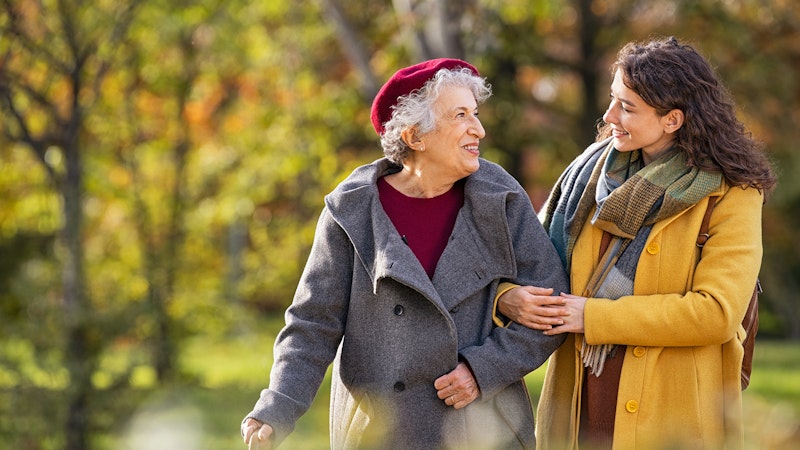
Are you looking for carers who have experience with companionship?
Companionship can take many forms, from home care services that help with daily activities such as cooking and cleaning to providing emotional support through conversations and activities—having someone to talk to regularly can make a big difference in the lives of older people, helping them feel less isolated and giving them someone to turn to when they need help or advice.
Benefits of companionship for older people
Companionship can provide emotional and social support, help an individual to remain connected to the world, and even help reduce loneliness and depression.
Companionship offers company and support in times of need, helping to reduce feelings of isolation and loneliness while providing practical assistance with everyday tasks like writing a letter or running errands. Having someone to talk to and share experiences with can be incredibly beneficial for older people. With a suitable carer in place, older and physically challenged individuals can stay active and engaged while feeling supported by someone they trust.
Which organisations/people offer companionship?
Companionship is often offered as a service by home care companies and independent carers; it is also often provided by charitable services of not-for-profit organisations. Companionship can include shopping, walking, playing games or simply talking.
Examples of Companionship
- preparing and sharing meals
- Conversation and company
- Driving you to see friends
- Assistance with shopping
- Help with laundry, cleaning and other domestic tasks
- Participating in hobbies and activities
- Organising and helping with travel arrangements
- Planning visits and outings
- Assistance with attending and arranging appointments